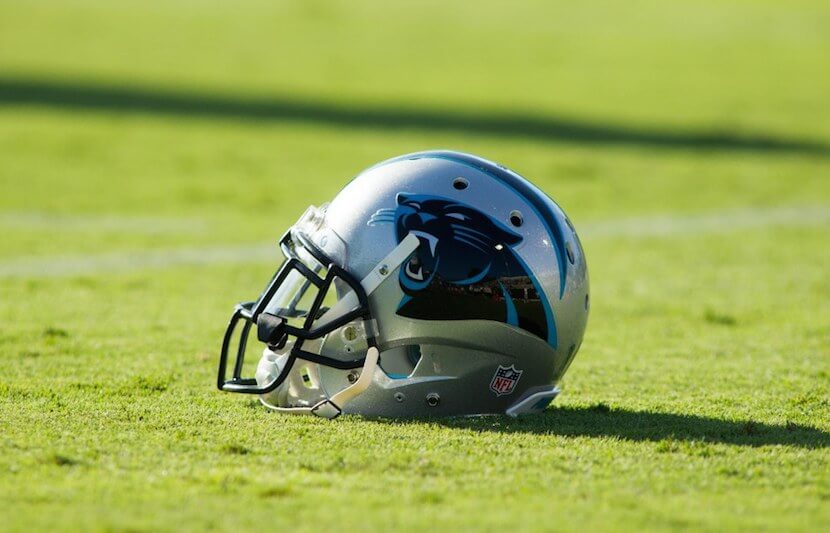In a recent study, researchers at Boston University (BU) and the VA Boston Healthcare System (VABHS) have made a discovery that could lead to the ability to diagnose chronic traumatic encephalopathy (CTE) in living patients.
The study is published in the journal PLOS ONE.
CTE is a degenerative brain disease that has become increasingly present in athletes who play contact sports, such as American football, soccer, boxing and ice hockey. Currently, scientists can only test for the disease by examining brains after death. This new study is a promising first step toward the ability to diagnose CTE in athletes and patients while they are still alive.
In the study, researchers tested the brains of 23 former football players who were diagnosed with the disease, 50 non-athletes who were diagnosed with Alzheimer’s, and 18 additional non-athletes. Researchers found high levels of CCL11, a protein related to brain inflammation, in all football players tested. Those levels rose depending on how long each player had been playing football.
“This study identifies a novel biomarker that might someday be able to diagnose CTE in living people,” said the study’s first author Jonathan Cherry, a postdoctoral fellow in neurology at the university’s Department of Neurology, Alzheimer’s Disease Center, and CTE Center.
The ability to diagnose living patients with CTE could enable the development of therapies to treat the disease and initiate research toward prevention. This research could also help distinguish CTE from other diseases, such as Alzheimer’s.
“By demonstrating that CCL11 is elevated in CTE and not individuals with [Alzheimer’s] or normal/control cases, we are providing more evidence that CTE is in fact a distinct disease,” said Cherry.
CTE is typically found in people who have experienced repetitive brain trauma, such as concussions. It comes in four stages. In the first stage, there are barely any behavioral symptoms. The second stage comes with rage, impulsivity and depression. In the the third stage, subjects experience confusion and memory loss. Finally, in stage four, those with CTE will experience dementia.
CTE has traditionally been almost entirely linked to football, but is now considered a threat in many contact sports, including soccer.
Ann McKee, senior author of the study, professor of neurology and pathology at the university, director of the CTE Center, and chief of neuropathology at VABHS, is known as one of the world’s most prominent CTE researchers. She recently conducted a study that proved that Aaron Hernandez, a former National Football League (NFL) player who took his own life in prison, suffered from stage 3 CTE.
In July this year, McKee had released a study showing traces of CTE in 110 of 111 NFL players who volunteered their brains for research.
Since the studies have emerged, the NFL has taken many strides to limit concussions and brain injuries. There is now a targeting rule in place in the NFL that prohibits any player from “targeting” another player, or intentionally causing helmet to helmet contact.
The severity and prevalence of CTE in the NFL has even caused many players to abandon the sport they love at very young ages.
McKee and Cherry have acknowledged that additional studies are needed to determine if elevated levels of CCL11 occur in the beginning or at the end of the CTE process. They also wish to determine whether CCL11 levels would be able to predict the severity of each patient’s disease.
“The next steps will be to expand our sample size and obtain spinal fluid from living ‘at risk for CTE’ individuals to determine if CCL11 is also elevated in them,” Cherry said.
The researchers are still in the early steps of this discovery, but are eager to find a way to diagnose the disease and treat those who suffer from it.
Thor D. Stein, Yorghos Tripodis, Victor E. Alvarez, Bertrand R. Huber, Rhoda Au, Patrick T. Kiernan, Daniel H. Daneshvar, Jesse Mez, Todd M. Solomon, and Michael L. Alosco also contributed to this study.



